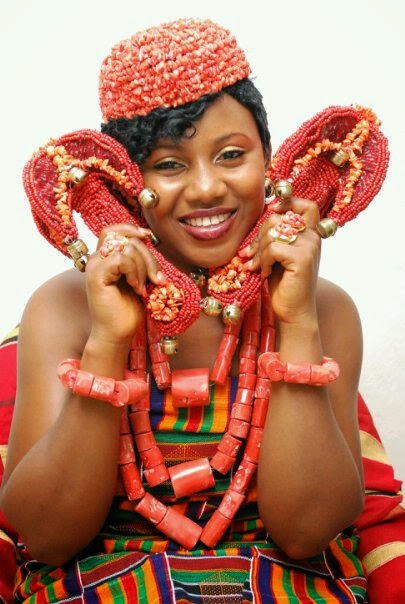The Urhobos are people of southern Nigeria, near the
northwestern Niger delta. The Urhobo is the major ethnic group in Delta State;
the Delta State is one of the 36 states of the Federal Republic of Nigeria.
They speak Urhobo, a language in the Niger–Congo group. The Isoko and Urhobo
are related in language and culture, leading to the missionaries erroneously
labelling both peoples as Sobo. This name was strongly rejected by both tribes.
The Urhobo nation is made up of twenty two sub-groups, including Okpe[1] the
largest of all Urhobo sub-groups? (disputable). The Urhobos are noted for
having their own unique style of speaking Nigerian Pidgin English. Since their
language is very demonstrative that translates into their style of speaking
English and Pidgin English. As a result of their unique language style, their
names are also unique. An example of a unique Urhobo name would be the name
Onaodowan, belonging to the Onaodowan family from Warri and the Onomakpome,
belonging to the Onomakpome family from Sapele.
The Urhobos live very close to and sometimes on the surface
of the Niger river. As such, most of their histories, mythologies, and
philosophies are water-related. They have an annual fishing festival that
includes masquerades, fishing, swimming contests, and dancing. There is also an
annual, two-day, Ohworu festival in the southern part of the Urhobo area at
which the Ohworhu water spirit and the Eravwe Oganga are displayed. The king in
an Urhobo clan or kingdom is called the Ovie. His wife the queen is called
Ovieya and his children Ọmọ Ovie (child of the king also known as prince and
princes). Often nowadays, these names are also given to children without royal
heritage by their parents. A number of Urhobo sub-groups have other titles
other than Ovie, for example, the Okpe called their traditional ruler Orogie
and Olomu called theirs Ohworode and Okere-Urhobo theirs Orosuen.



No comments:
Post a Comment